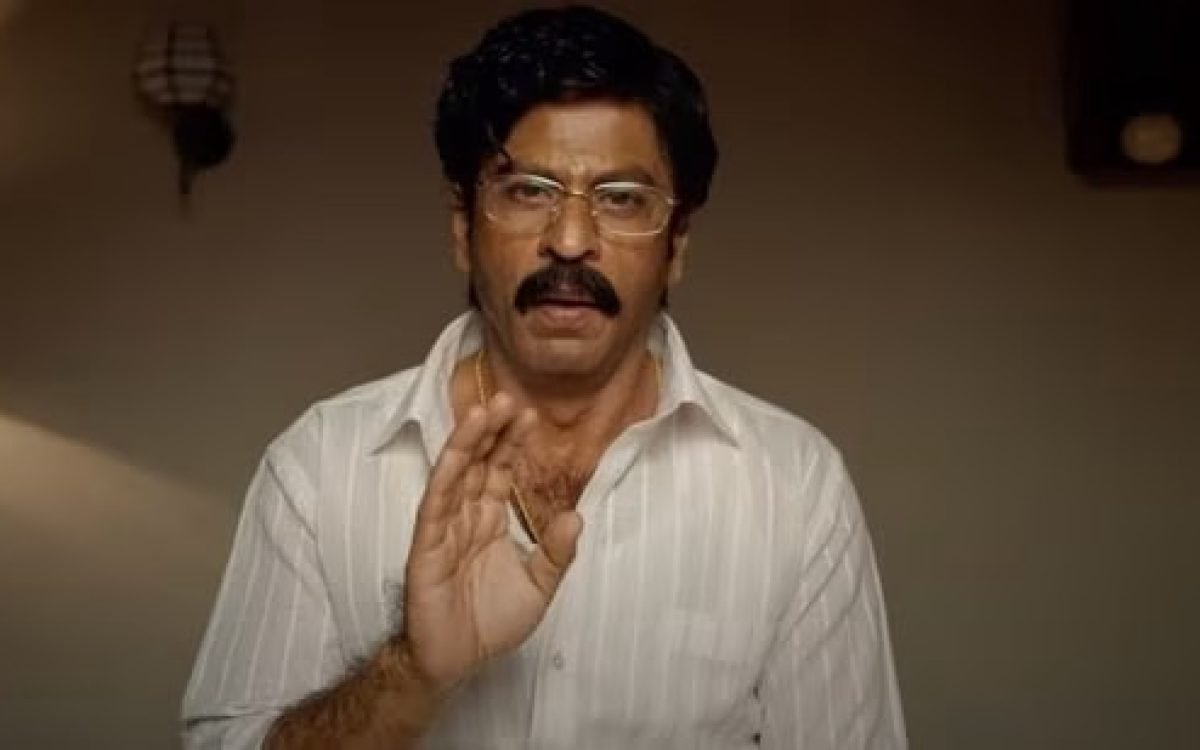The recent Ambani pre-wedding celebrations in Jamnagar took an unexpected turn when Shah Rukh Khan, along with Aamir Khan and Salman Khan, took to the stage to dance to the hit RRR song “Naatu Naatu”. While the moment initially sparked excitement among guests, it quickly soured when Shah Rukh’s attempt at humor ended up perpetuating harmful stereotypes about South Indians, particularly those from Tamil Nadu.
The Insensitive Incident:
Shah Rukh Khan’s decision to invite Telugu film star Ram Charan on stage and make random phrases in Tamil, followed by the remark “idli Ram Charan”, left many South Indians feeling insulted and disrespected. This incident highlighted a deeper issue within the Hindi film industry – the perpetuation of stereotypes and prejudices against South Indians, often under the umbrella term “Madrasi”.
Historical Context:
The stereotype of “Madrasis” has a long history in Bollywood, dating back to Mehmood’s portrayal of a Carnatic music teacher in the 1968 film “Padosan”. While intended as humor, such depictions have contributed to a distorted and racist portrayal of South Indians, perpetuating misconceptions and reinforcing harmful stereotypes.
Shah Rukh Khan’s Role:
As one of India’s most influential figures and a global icon, Shah Rukh Khan’s actions carry significant weight. Unfortunately, in recent years, he has been at the forefront of perpetuating stereotypes about South Indians through his film roles and public appearances. Films like “Ra One” and “Chennai Express” have depicted South Indians in a derogatory manner, portraying them as unable to speak English properly, dark-skinned, and unruly.
Consequences of Stereotyping:
Such depictions not only reinforce negative stereotypes but also contribute to the marginalization and discrimination faced by South Indians in broader society. They perpetuate harmful misconceptions and create a culture of ridicule and mockery, undermining the diversity and richness of South Indian culture and identity.
The Need for Awareness and Sensitivity:
The incident at the Ambani pre-wedding celebrations serves as a stark reminder of the importance of cultural sensitivity and awareness in the entertainment industry. Bollywood, as a powerful cultural influencer, must strive to depict diverse cultures and communities authentically and respectfully, avoiding harmful stereotypes and tropes.
Moving Forward:
It is crucial for actors, filmmakers, and industry stakeholders to reflect on their portrayals and narratives, actively challenging and dismantling stereotypes rather than perpetuating them. By promoting inclusivity, diversity, and understanding, Bollywood can play a pivotal role in fostering unity and acceptance across India’s diverse cultural landscape.
In conclusion, the incident involving Shah Rukh Khan underscores the urgent need for greater sensitivity and awareness regarding cultural representation in Bollywood. It is imperative for the industry to embrace diversity and celebrate the richness of India’s myriad cultures, setting a positive example for society as a whole.









